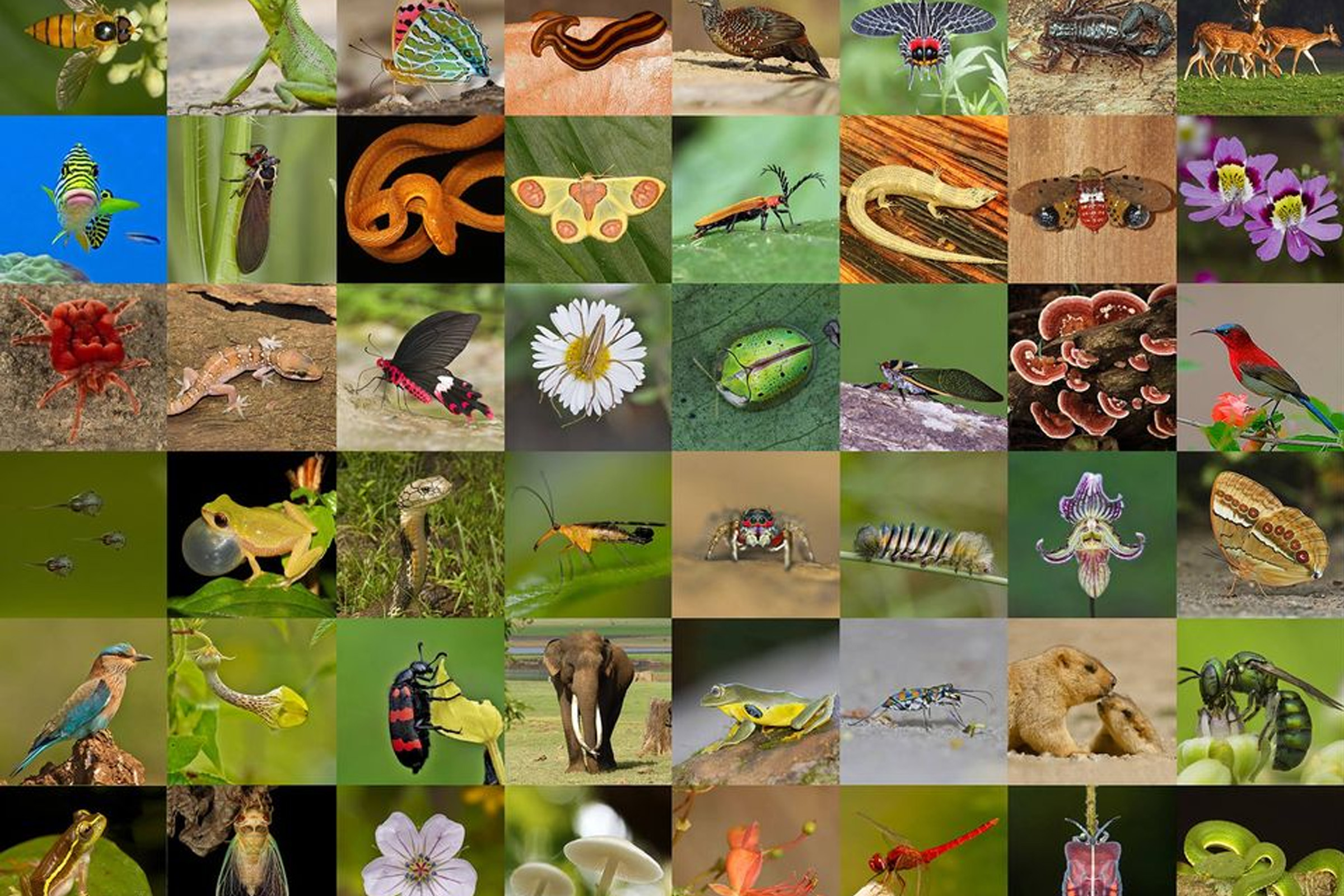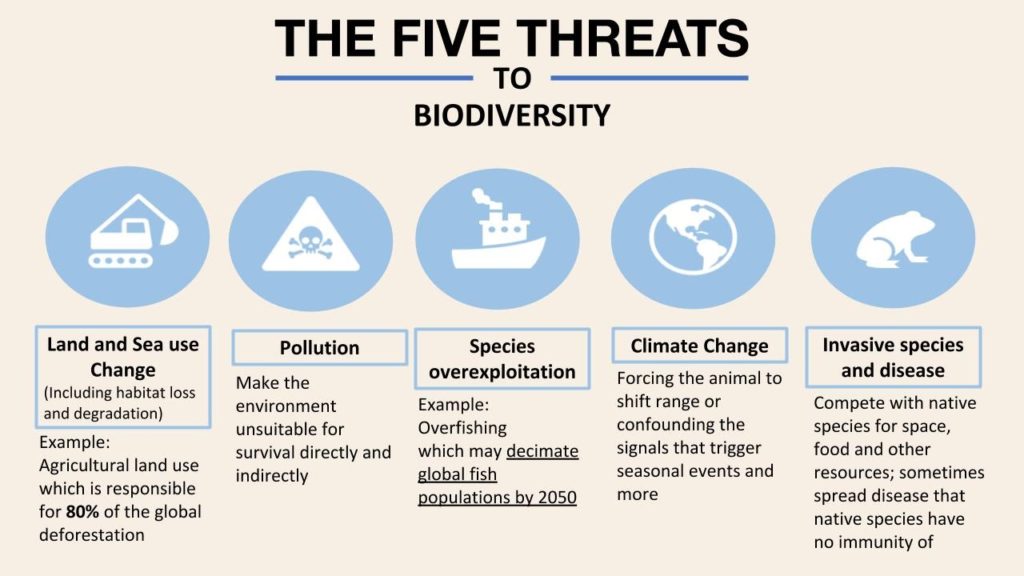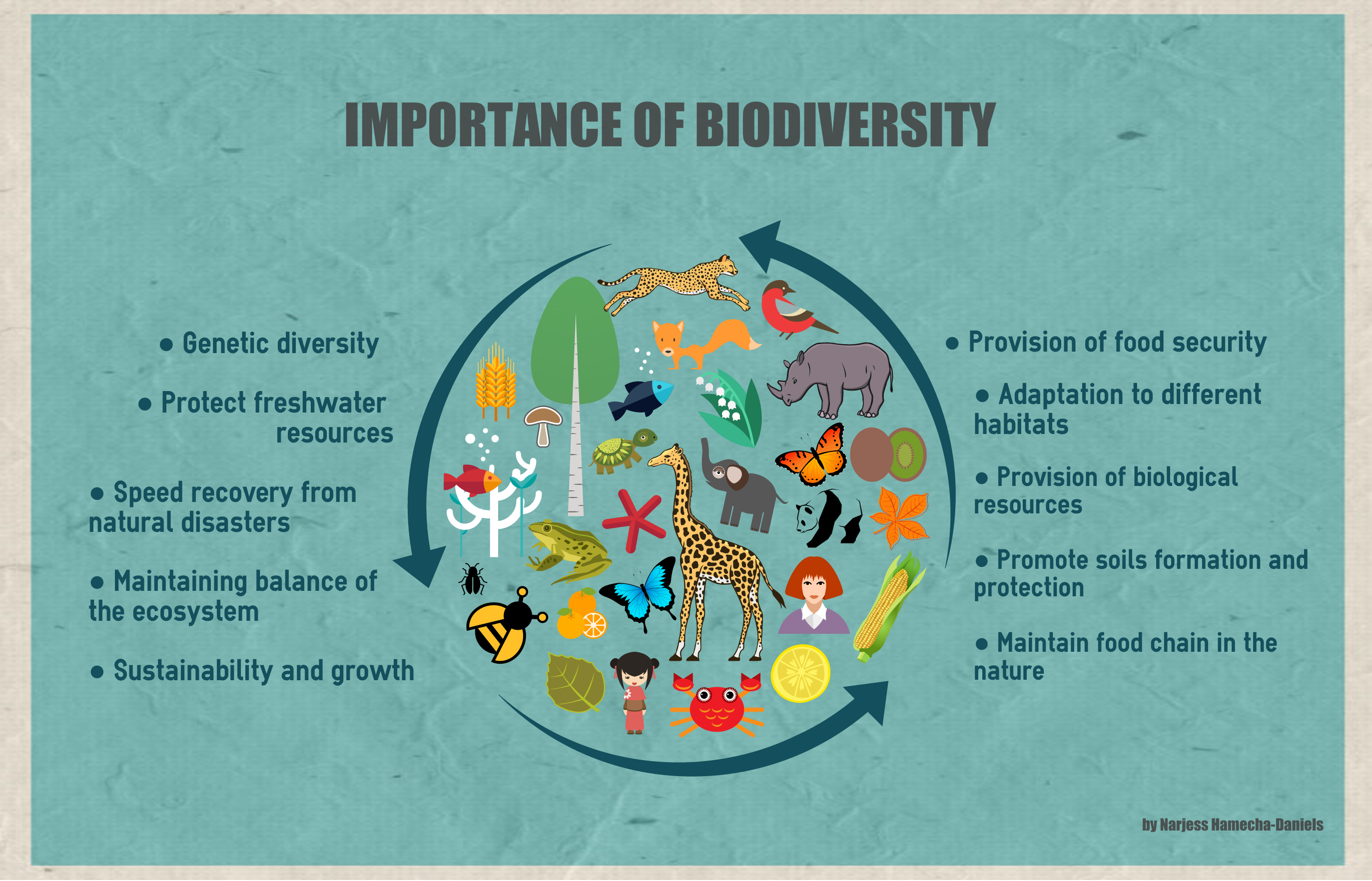
The United Indian

Biodiversity, the variety of life on Earth, is a crucial aspect of our planet's health. In the Indian context, navigating through the scenario of the loss of biodiversity in India requires a comprehensive understanding of its causes, threats, and potential solutions.
India, known for its rich and diverse ecosystems, faces significant challenges in preserving its biodiversity. The intricate web of life, from the towering Himalayan mountains to the vast coastal regions, is under threat due to various factors. Recognizing the importance of biodiversity is the first step in addressing this complex issue.
Understanding the Unmatched Importance of Biodiversity
India boasts over 45,000 plant species and 90,000 animal species, including iconic creatures like the Bengal Tiger and the Indian Elephant. This biodiversity is not just beautiful to behold, but also plays a crucial role in maintaining the ecological balance and providing us with vital resources.
Forests and grasslands act as natural filters, purifying our air and water. Diverse ecosystems contribute to soil fertility and prevent soil erosion. Insect pollinators like bees and butterflies ensure the success of our crops, while countless other species form the foundation of the food chain, sustaining life on Earth. Additionally, biodiversity plays a significant role in our cultural and spiritual lives, inspiring our art, literature, and traditions.
The importance of biodiversity in India cannot be overstated. It is our responsibility to protect this precious treasure and work towards loss of biodiversity solutions for the sake of present and future generations. Through sustainable practices, conservation efforts, and increased awareness, we can ensure that India's biodiversity continues to thrive, providing us with the vital resources and ecosystem services we rely on.
Causes of Loss Of Biodiversity in India
To what are the major causes of biodiversity loss in India and globally.
- Deforestation and Habitat Destruction : One of the primary drivers of biodiversity loss in India is deforestation, leading to the destruction of natural habitats. As urbanization expands and agriculture intensifies, many unique ecosystems face irreversible damage.
- Pollution and Contaminants : The rampant pollution, whether from industrial discharges or agricultural runoff, serves as a one of the biggest threats to biodiversity in India. Contaminants negatively impact soil, water, and air quality, affecting the health of numerous species.
- Climate Change Impacts : India is not immune to the global effects of climate change. Altered weather patterns, rising temperatures, and extreme events disrupt ecosystems, pushing species to the brink of extinction.
- Overexploitation of Resources : The unsustainable use of natural resources, such as overfishing and excessive logging, contributes significantly to biodiversity loss. Striking a balance between human needs and environmental preservation is essential.
Threats to Biodiversity in India
- Loss of Natural Habitats : As population & human activities expand, natural habitats shrink, pushing many species towards endangerment. The loss of these habitats disrupts the delicate balance of ecosystems thus leading to loss of biodiversity in india.
- Species Extinction : India has witnessed the extinction of several species, emphasizing the urgent need for conservation efforts. The disappearance of even one species can have cascading effects on the entire ecosystem.
- Invasive Species : The introduction of non-native species can lead to competition for resources, often resulting in the decline of native species. Invasive species pose a formidable threat to India's indigenous flora and fauna.
- Pollution-related Threats : Pollutants, including pesticides and industrial waste, have severe consequences on biodiversity. From aquatic life in rivers to terrestrial species, pollution leaves a lasting impact.
Case Studies
To understand the gravity of loss of biodiversity in India, examining specific case studies is crucial. Instances like the decline of vultures due to diclofenac use or the diminishing numbers of the Bengal tiger underscore the urgency of conservation efforts.
Impact on Ecosystems
The interconnectedness of species within ecosystems means that the loss of biodiversity has profound consequences. Disruptions in the delicate balance can lead to ecosystem collapse, affecting not only wildlife but also human populations dependent on these ecosystems.
Socioeconomic Implications
Beyond ecological concerns, the loss of biodiversity in India has significant socioeconomic implications. Communities relying on natural resources face challenges, and the economic ramifications are felt across various sectors.
Conservation Efforts in India
Recognizing the critical state of biodiversity, the Indian government, along with numerous NGOs, has initiated conservation programs. These efforts include the establishment of protected areas, reforestation projects, and educational campaigns to raise awareness.
International Collaboration
India actively participates in global biodiversity conservation efforts & implements strategies that offer loss of biodiversity solutions. Collaborative initiatives, partnerships with international organizations, and adherence to international agreements contribute to a concerted global approach to preserve biodiversity.
Future Prospects
The outlook for biodiversity conservation in India depends on sustained efforts and innovative solutions. The integration of technology, community involvement, and adaptive management strategies are essential for the future.
Solutions to Control Biodiversity Loss
- Sustainable Resource Management : Adopting sustainable practices in agriculture, fisheries, and forestry is critical to ensuring the continued availability of resources without depleting ecosystems. It ensures a balance between human needs and ecological health.
- Habitat Reforestation : Preserving natural habitats through protected areas and conservation initiatives is crucial for maintaining biodiversity. Massive reforestation projects can help restore habitats and provide a lifeline for endangered species. Trees play a vital role in maintaining biodiversity.
- Conservation of Endangered Species : Targeted conservation efforts for endangered species, such as the Indian rhinoceros or the snow leopard, are imperative. These flagship species often represent the health of their entire ecosystem. It has proven to be one of the most effective loss of biodiversity solutions.
- Education and Awareness Programs : Empowering communities through education and awareness is fundamental. When people understand the importance of biodiversity, it fosters a sense of responsibility and they are more likely to support conservation initiatives.
Importance of Biodiversity Conservation
- Ecological Balance : Biodiversity ensures the equilibrium of ecosystems and their resilience to change. Each species plays a unique role, contributing to the overall health and functionality of the environment.
- Human Well-being : Our survival and well-being are intimately entwined with the intricate web of life on Earth. From the smallest microorganisms to the largest ecosystems, the diverse array of foods that nourish us, and even the cultural practices, each thread contributes to the resilience and vitality of our shared existence, highlighting the fundamental importance of preserving Earth's diverse life forms for the prosperity of humanity.
- Scientific and Medicinal Discoveries : Historically, many breakthroughs in medicine and science are inspired by nature. Conserving biodiversity preserves the potential for future discoveries and innovations. A continued loss of biodiversity in india can severely impact this precious treasure that India is blessed with.
- Economic and Medicinal Benefits : In agriculture, biodiversity acts as a silent partner, enhancing resilience and productivity. The allure of biodiversity-rich regions fuels eco-tourism, becoming an economic backbone for local communities. Bioprospecting taps into the innovative potential of diverse life forms, offering economic windfalls. On the medicinal front, biodiversity forms a pharmacopeia of nature, providing remedies rooted in traditional knowledge.
Current Initiatives in India
Indian government has initiated several policies to control the threats to biodiversity in India. Some of these are :
- Wildlife Protection Acts and Policies : India has implemented legislation and policies to protect wildlife, emphasizing the importance of conservation.
- Conservation Reserves and Protected Areas : Designated reserves and protected areas safeguard critical habitats, promoting the recovery of endangered species.
- Afforestation and Reforestation Projects : Government initiatives focus on planting trees and restoring degraded ecosystems to combat biodiversity loss.
The Role of Individuals
Individuals play a crucial role in biodiversity conservation. Simple actions, such as reducing waste, supporting sustainable products, and participating in local conservation initiatives, collectively make a significant impact.
Challenges in Implementing Loss Of Biodiversity Solutions
Despite the urgency, implementing solutions to biodiversity loss faces several challenges. Illegal activities, such as poaching and wildlife trade, pose direct threats to endangered species. Political will, economic considerations, and overcoming public apathy are formidable obstacles. Effective implementation of conservation policies remains a challenge, requiring collaborative efforts.
Conclusion
In navigating the scenario of loss of biodiversity in India, it's evident that a multifaceted approach is required. Conservation efforts must address the root causes, involve communities, and leverage international collaboration. Preserving biodiversity is not just an environmental imperative but a collective responsibility for the well-being of our planet.
Read more in Environment
Jul 22, 2024
TUI Staff
Jul 03, 2024
TUI Staff

Stay Tuned with The United Indian!
Our news blog is dedicated to sharing valuable and pertinent content for Indian citizens. Our blog news covering a wide range of categories including technology, environment, government & economy ensures that you stay informed about the topics that matter most. Follow The United Indian to never miss out on the latest trending news in India.
©The United Indian 2023















